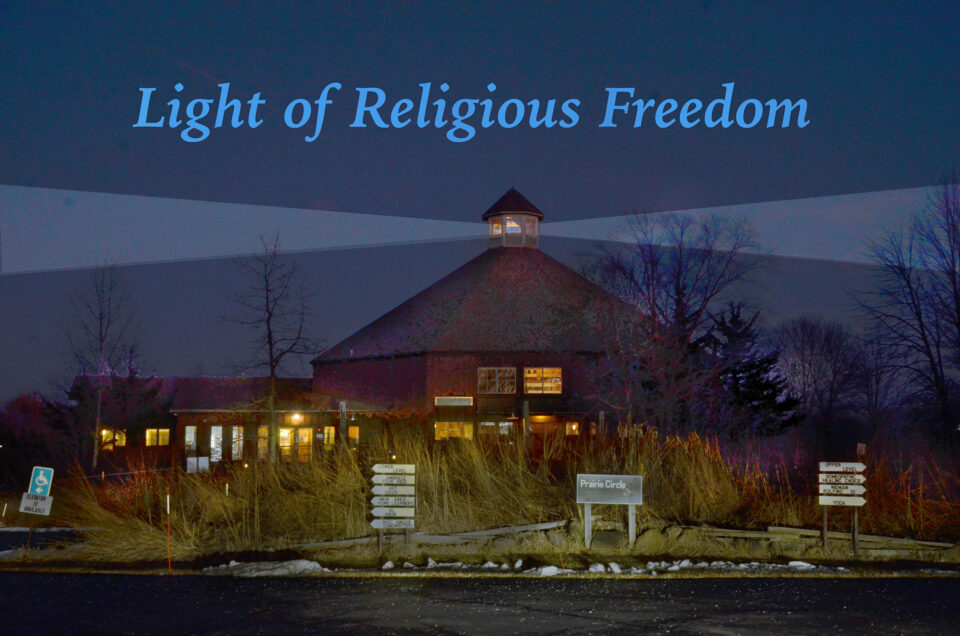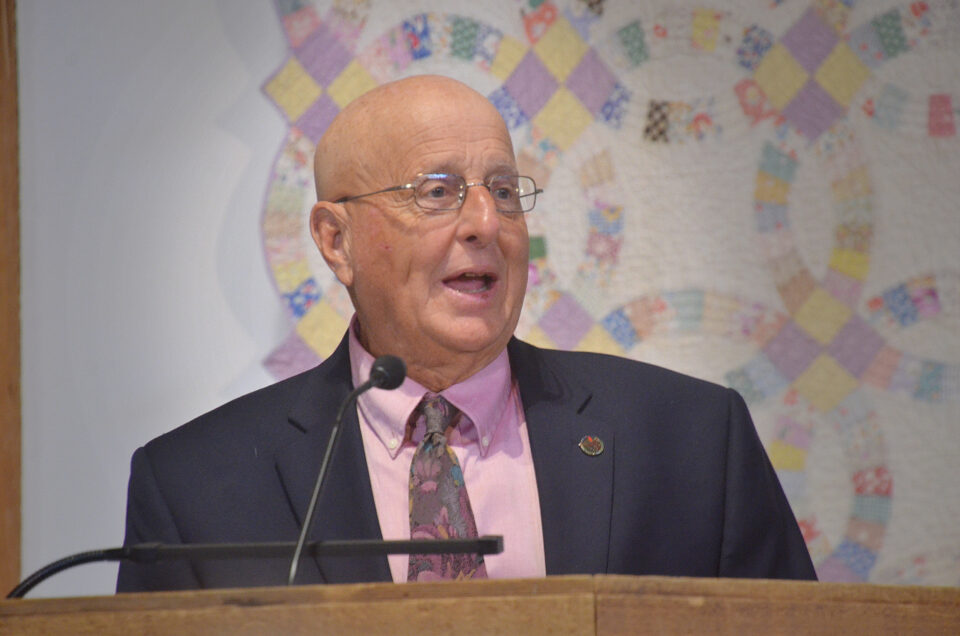Children and Church

Parson to Person: "Children and Church" 1-29-23
Many of you have probably noticed that we have been getting more families with children here at UCN. (Which is exactly what we were hoping for when we revamped our Sunday School schedule and made changes to make our morning service more child-friendly.) One of the results of these changes may be that the service will have more ambient noise than previously.
When I was minister at the UU church in Racine, some of our older members (who were raised in a stricter era) remembered when kids in church were taken out as soon as they made any noise at all. But child-raising methods have changed somewhat since then, and many of today's parents are more lenient and tolerant of "kid noise" in public. They still will often take their children out if they are continuously making noise, of course; but they may wait a little longer than previous generations of parents did.
What we eventually decided to do was to "err" on the side of tolerance. I began trying to do that myself, by incorporating extraneous sounds into my sermons when possible. (If a baby cried out after I stated what I considered an important theme, I would sometimes say, "See, that child agrees." Or if what I said was cut off by noise, I sometimes just repeated it.)
I know that some will argue that kid noises should be treated the way they generally would be at a concert, play or movie. ("We paid for a quality performance, not a family spectacle.") However, when you come to church, you are not simply part of an audience--you are part of a congregation. And the church service--though it certainly shares some characteristics with concerts, plays, and poetry readings--is much more than a performance. (Which is why the singing at a service doesn't have to be perfect, or the readings and the sermon flawless.) The Sunday morning service is a participatory event that transcends a "consumer experience."
And actually, a distraction can sometimes become a meaningful part of a service. I heard about a minister who was preaching about heaven when, all of a sudden, a child started crying inconsolably because his mother had to leave him for a few moments. When she returned, the child stopped crying and seemed completely satisfied. Meanwhile, the whole congregation had tuned out the sermon. But the minister used that incident as a teaching moment, saying, "When we get to heaven, we will feel just like that child did when his mother came back--we'll feel like something we lost has been given back to us." That was one of the most meaningful parts of the whole service that Sunday!
Although I'm not likely to give a similar sermon, I can appreciate the way that minister took a distracting moment and transformed it. Of course, not all distractions can be transformed that easily, but still: Our job as a church is not to put on a perfect performance, but to create a caring community. We won't always agree on exactly how to do that. But if we have to err one way or the other, my vote is for the side of tolerance and acceptance.
As the old saying goes:
A church with no crying
is a church that is dying.peace and unrest,
tony


